Lancer Spotlight: Hornbeck makes history fun despite virtual learning challenges
How Mr. Hornbeck maintains interactive and interesting history classes during a hybrid school year
Staff photo - Courtesy of Dan Gross
A picture of Mr. Hornbeck teaching his class on 9/11 at Linganore High School.
During one of Mr. Darren Hornbeck’s first virtual Modern World History classes Semester 2, he held a scavenger hunt competition despite the challenging learning conditions. The student who could find the most objects from his list in the same room where they were working would win a homework pass.
It was an exhilarating activity to grab everyone’s attention through their computer screens at home, and the different approach to the first lesson created excitement for the semester ahead.
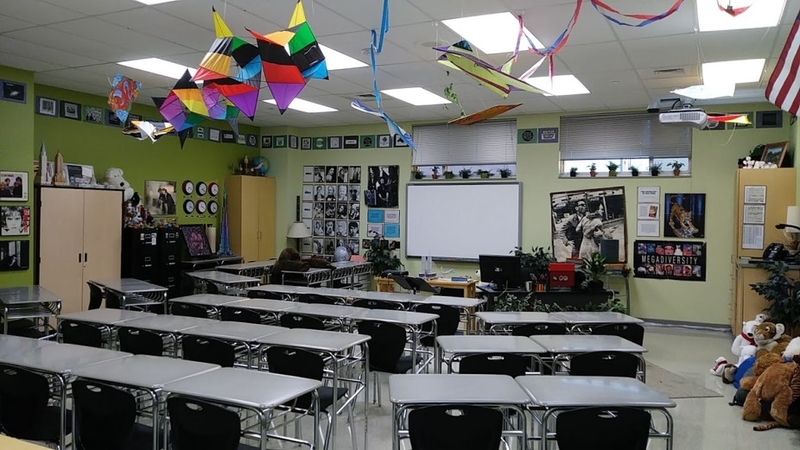
Hornbeck’s nearly 30 years of teaching experience was put to the test when Covid-19 forced classes into virtual and hybrid learning models. The challenges include reduced face-to-face interaction time, altered lesson plans and more email communication.
Hornbeck has successfully adjusted his teaching approach to overcome the challenges of Covid-19 and continue to win over new students.
Junior Danielle Koogle, one of Mr. Hornbeck’s Modern World History students, aspires to be a teacher and has enjoyed his innovative classes during hybrid learning. When you start your Google meet, there’s that little question in your mind…is everyone going to show up? Are they going to make it? And everyone shows up and says good morning and you realize that even in the worst of times, you guys showed up! We got through last year. Knowing that people were going to show up kept me positive. — Darren Hornbeck
“Mr. Hornbeck is one of my favorite teachers because of how he delivers content. Anyone can tell how passionate he is about teaching. He makes it fun and interesting for everyone,” said Koogle. “I’ve never been one to enjoy history, but since I’ve had him it’s been the favorite part of my day. He is the type of teacher to spark interest in any student he comes across.”
When Covid-19 first impacted classes last spring, it was not an easy adjustment. Mr. Hornbeck recalled having to adjust the pacing of his lessons, communicating more through email, and not seeing all students face-to-face.
“The part that was the hardest to adapt to was not having that daily contact with you guys and other people,” said Hornbeck. “That was the hardest part to really adjust to, was just not having you guys in front of us. It was, you know, kind of heartbreaking.”
It was also difficult to plan engaging lessons. In college, Hornbeck was taught that every successful lesson needed three different aspects: visual, auditory and tactile. Lessons that include these three aspects could appeal to all students preferred forms of learning.
Hornbeck said, “Some people learn by seeing and visually, other people learn more by hearing things, and then other people learn more experientially and they have to touch those kinds of things. The problem with shifting online is that the tactile part is very difficult to reproduce.”
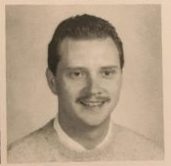
Hornbeck has persisted.
“I spend a lot of hours on it, but it’s a labor of love,” said Hornbeck. “Every teacher spends way more time than I think anybody much is aware of until you start the job. If a lesson looks as though it’s the easiest thing in the world, I’m guaranteeing you to get to that point you spent hours and hours of work.”
For example, interactive games were an integral part of in-person classroom activity. With fewer than half of students in front of him during hybrid classes, Hornbeck had to figure out how games would work with some students still at home dealing with challenging audio, internet, and other issues.
Due to Covid-19 restrictions, Hornbeck was not allowed to have physical items that students could interact with. This was a challenge.
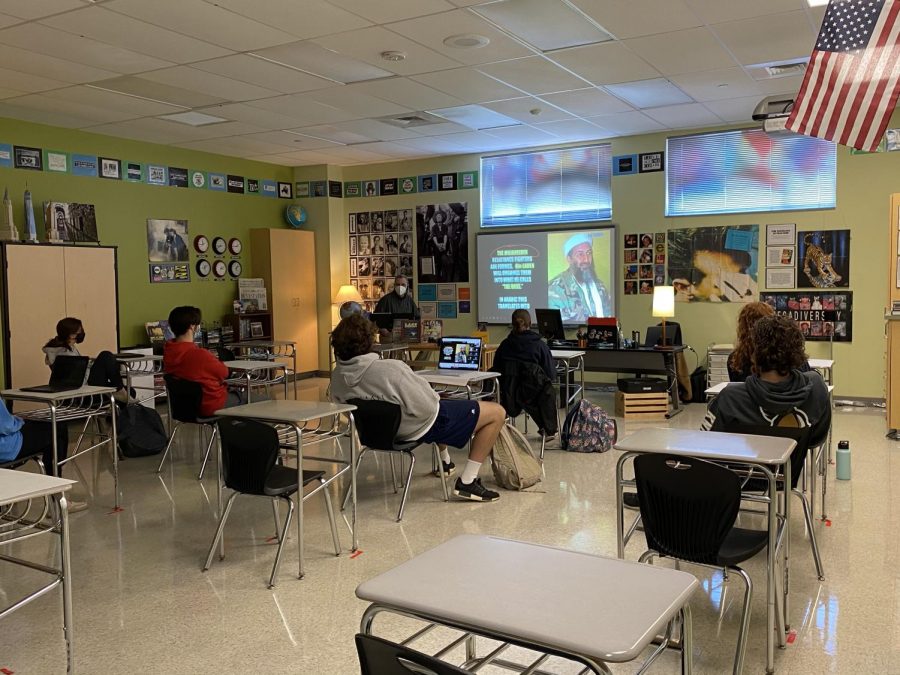
“It killed me because that’s the way I was trained and what makes a good lesson. So you had to think of different ways to do that,” said Hornbeck. “I tried to continue to have tangible objects to look at and stuff like that… The problem was, how are you going to do that? That’s extremely difficult. So producing more of a tactile experience is where the biggest challenge is. It was more like show-and-tell.”
I had a professor in college who said if you go to the park and you see ducks out on the lake, they just look like they’re sailing right along like it’s the easiest thing in the world and they’re just floating by, but underneath they’re paddling like hell. He said that’s exactly what teaching is. If you do it right, it looks completely effortless as though no time went into it whatsoever. The more effortless it looks, the harder it was. — Darren Hornbeck
Instead, Hornbeck brings his lessons on topics like the French and English Revolutions to life through presentations with many colorful images and videos, writing assignments about historical leaders in the style of People Magazine, and with fun quizzes and small group games.
History and drama teacher Mrs. Angela Smithhisler has experienced and learned from Mr. Hornbeck’s teaching.
“I personally had Mr. Hornbeck as a professor in my Master’s program, and he gave me so many useful teaching tools to prepare me,” said Mrs. Smithhisler. “He inspires me every day in his ability to find fun, creative ways to teach. He never settles for mediocre. He’s always reinventing ways to keep his students engaged. And he’s also so selfless as a fellow colleague. Whenever I approach him for a request for help, he is happy to share any materials or lessons with me.”
Hornbeck’s training as an education major at West Virginia Wesleyan College focused on fostering creativity in future teachers. He takes on challenges and uses them to spark his creativity.
He also believes having a career around kids keeps him positive and focused.
“My mom used to always say if you hung around young people, they would keep you young…I think there’s something to be said for that,” Hornbeck said. “I think it’s more what teachers pull from the students as opposed to what they give the students that keeps them positive.”
This positive outlook along with collaborating with others kept him going during a tough time. Whether chatting during Google Meet office hours, returning email or seeing students in class virtually, these interactions reminded Hornbeck that everyone would eventually see the other side of this pandemic.
Over the years, Mr. Hornbeck has won many awards including the Frederick County Teacher of the Year in 2003. What he appreciates most, though, is recognition by his students.
“A couple of years ago I got the Golden Lance and that was very much a surprise,” said Hornbeck. “That was after we launched the 9/11 class. I was very touched by that because that was something that the senior class awards. Coming from the seniors that was such a nice thing and I was very honored by that. I didn’t know how to respond. It was very overwhelming.”
Mr. Hornbeck says, “Any award or recognition that comes from students always means the most.”
Your donation will support the student journalists of Linganore High School. Your contribution will allow us to purchase camera/recording equipment and software. We hope to raise enough money to re-start a monthly printed issue of our paper.


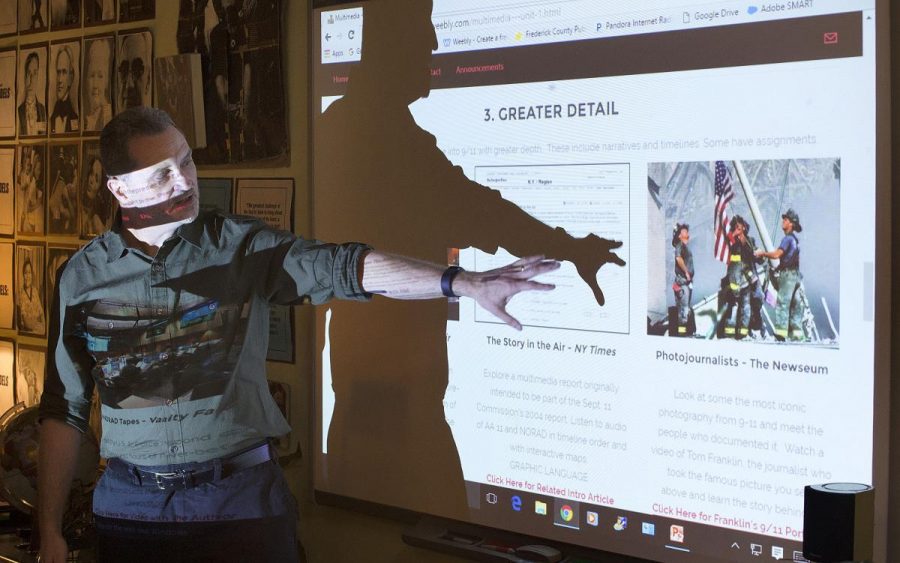
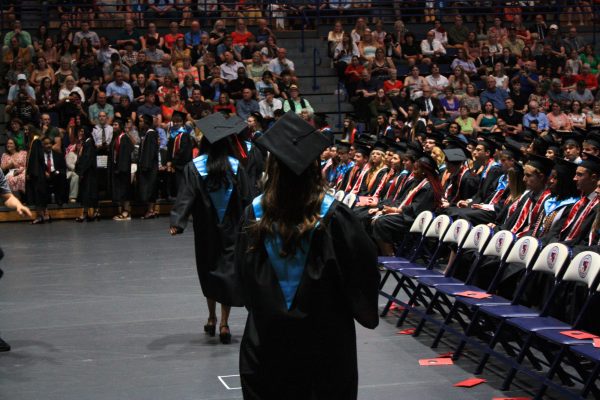
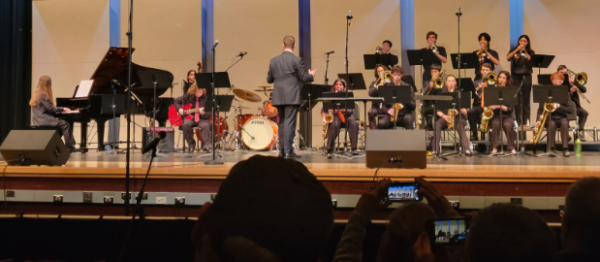

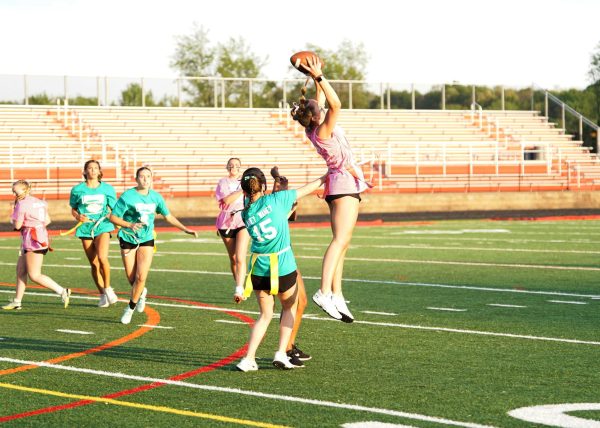


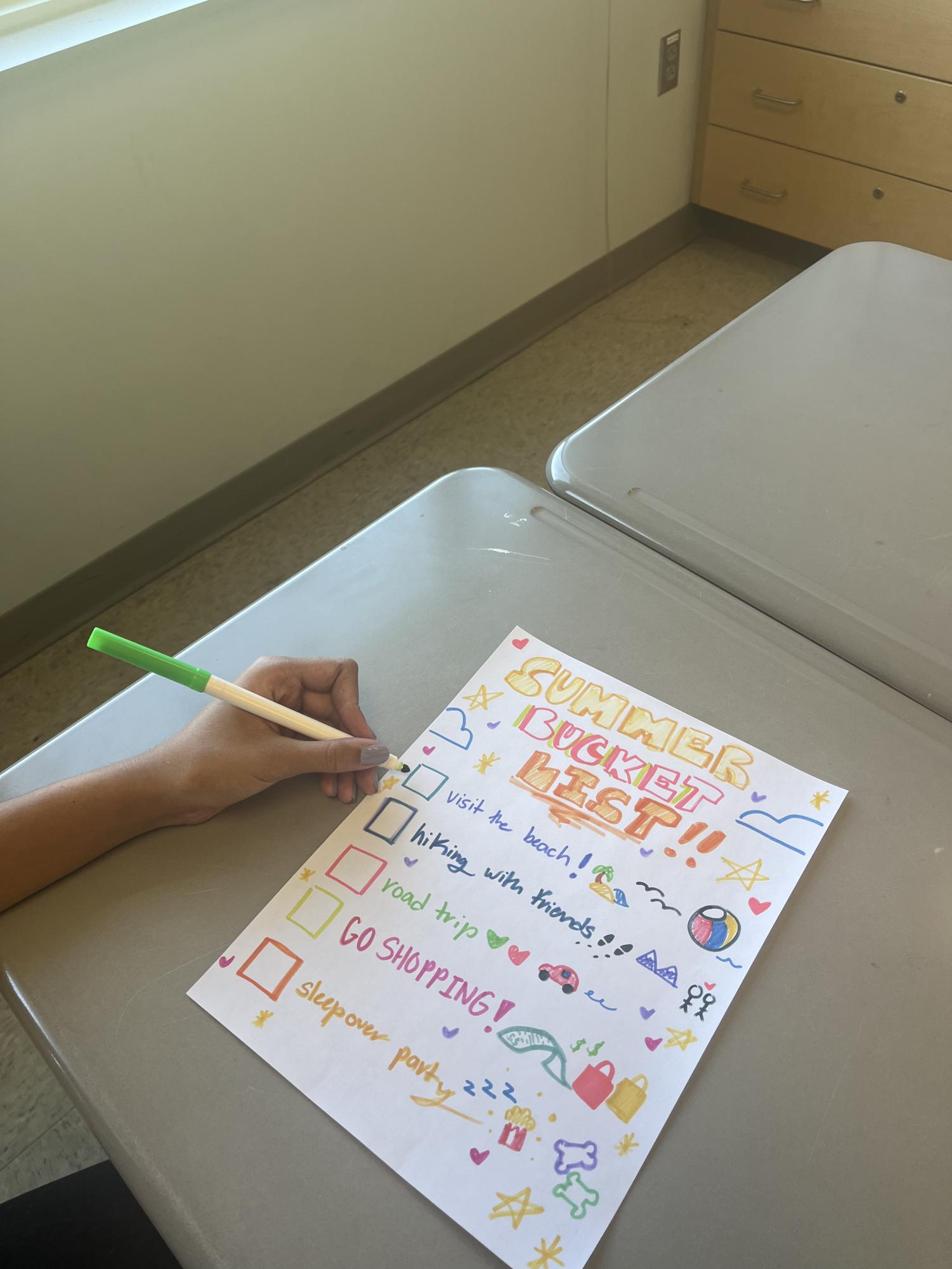
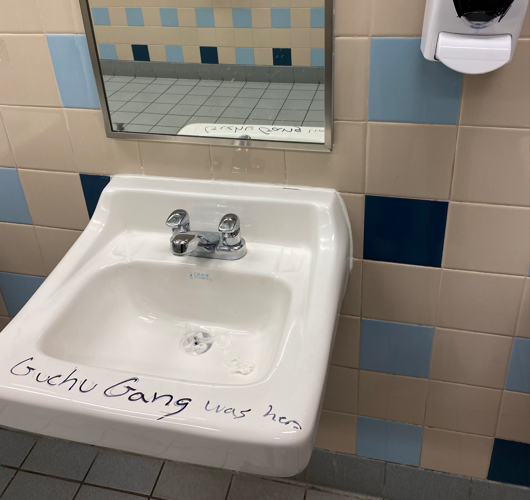
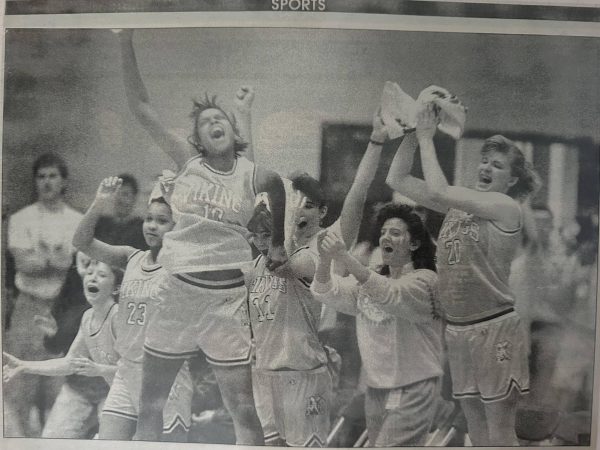
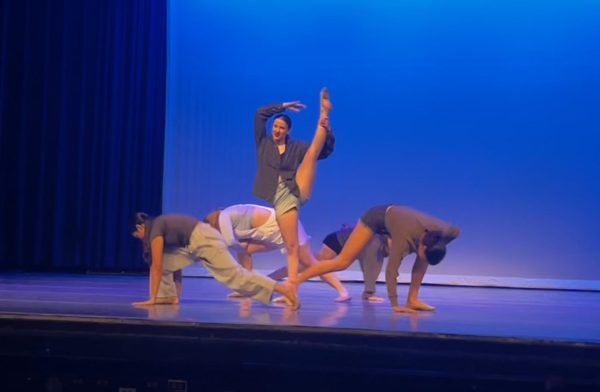
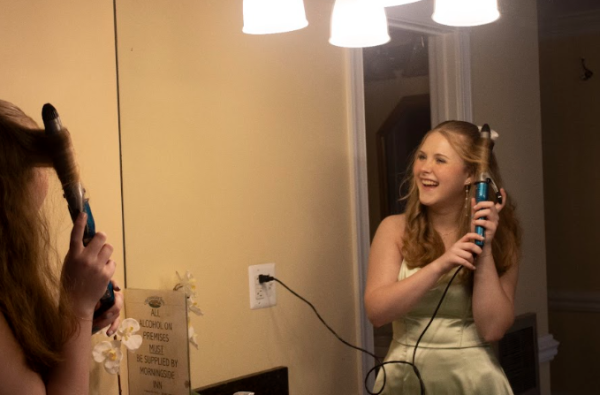
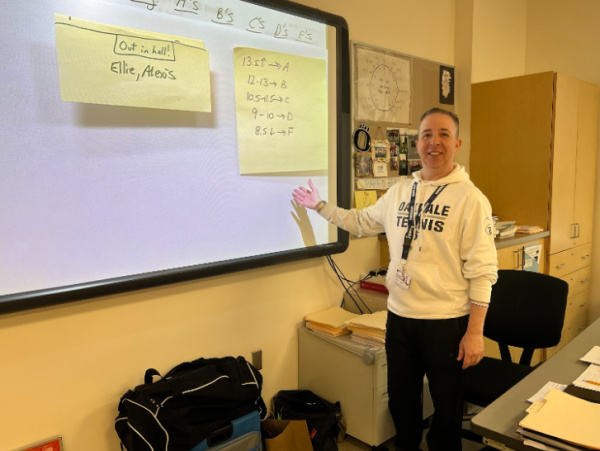
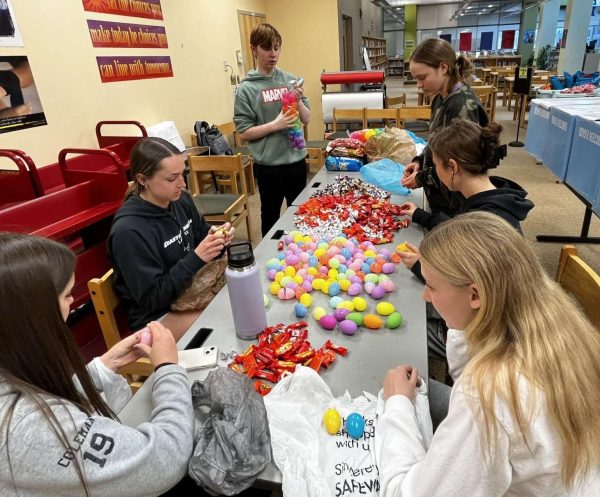
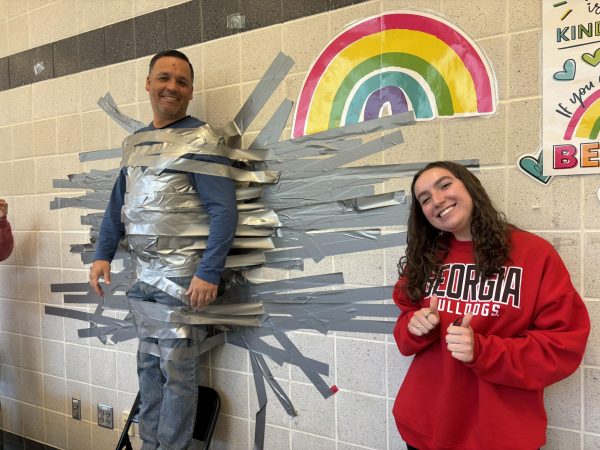

Anonymous • Dec 30, 2023 at 3:30 am
I would love to know which West Virginia Wesleyan professor inspired you with the ‘duck’ quote. Thanks in advance…Michele Grove